AI robots learn to "create humans", there have been successful cases ( Video : Aura).
Last June, Alin Quintana, 34, walked into the Hope IVF clinic in Mexico City.
After eight years of infertility treatment and 96 failed cycles, she still couldn’t get pregnant. This time, instead of putting her trust in doctors, she hoped in a machine programmed to perform the entire IVF process.
Robot replaces human hands
Since the advent of in vitro fertilization (IVF) in the late 1970s, more than 13 million children have been born using this method.
However, the process still depends almost entirely on the manual skills of embryologists, from egg retrieval, sperm selection to sperm injection into eggs under a microscope.

In Mexico City, a research center called Aura is testing a system that could replace more than 200 manual steps in IVF (Photo: Aura).
Each operation requires extreme precision, resulting in a success rate of only about 50%.
In recent years, automation technology is changing that. In new trials, robots are being programmed to perform the most delicate steps of IVF.
The image processing system can detect healthy sperm in hundreds of thousands of samples, while the mechanical arm mixes chemicals, injects the sperm into the egg and triggers fertilization.
In Mexico City, a research center called Aura is testing a system that could replace more than 200 manual steps in IVF, from egg storage to sperm selection to embryo creation.
Aura was developed by Conceivable Life Sciences under the leadership of Dr. Alejandro Chávez-Badiola, who is considered one of the first experts to apply automated technology to infertility treatment.
AI replaces humans in evaluating embryos
Dr. Chávez-Badiola’s story begins in 2016, when a young couple came to his clinic for fertility treatment. Although both were healthy, they had failed after two cycles of IVF.

Robot system involved in IVF (Photo: Cut from video).
He decided to re-examine the entire process, videotaping the development of each embryo and counting the number of cells in each embryo, something rarely done in traditional IVF.
After many experiments, he realized that the weakness lay in the way of evaluating embryos, which depended heavily on the experience of the specialist. From there, he cooperated with mathematicians and imaging engineers to build a data analysis system that could measure and evaluate embryos more accurately.
In 2020, the team’s first study showed that the technology could identify healthy embryos about 11% more accurately than humans. The team then expanded to sperm, discovering the characteristic fast-swirling motion of healthy sperm. This increased the rate of embryos eligible for implantation by 12%.
Chávez-Badiola and two American entrepreneurs, Alan Murray and Joshua Abram, founded Conceivable Life Science in 2022. After successful testing on mice, the team began applying this technology to humans from 2023.
New hope for infertile people
According to Dr. David Sable, an advisor to the project, initial results show that the automated technology is as effective as traditional IVF labs but can operate continuously without depending on individual skills.
“If this system is widely deployed, millions of couples around the world will have the opportunity to treat infertility at a lower cost,” he said.
Last September, Conceivable raised $50 million to continue developing and commercializing the technology. While there is still much debate, especially in countries with strict religious views, many couples still believe in the new method.
“It’s hard to explain that a machine can do something that humans can’t do,” said Noemi Pichardo, 34, who is pregnant thanks to the Aura system.
There are currently about 125 women participating in the trial program. Alin Quintana, who had despaired after years of failure, is now 17 weeks pregnant.
“I will tell my child that he is one of the first babies born from this technology. He came after a lot of effort, he is the greatest gift of my life,” she said.
Source: https://dantri.com.vn/khoa-hoc/robot-ai-hoc-cach-lam-ivf-da-co-truong-hop-thanh-cong-20251013081703320.htm








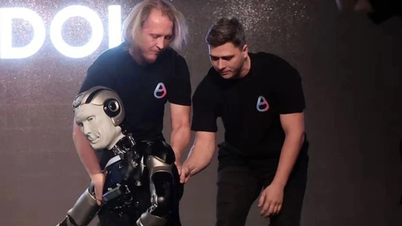

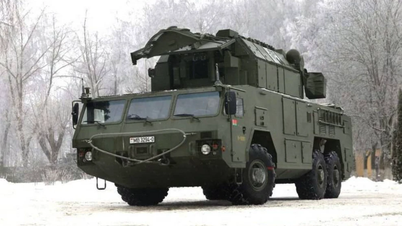

























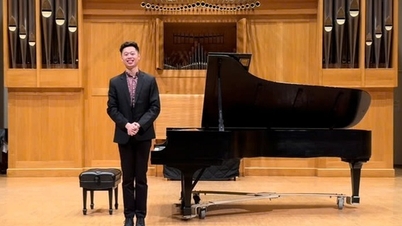
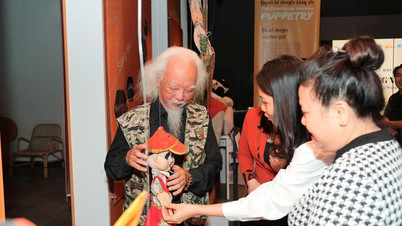

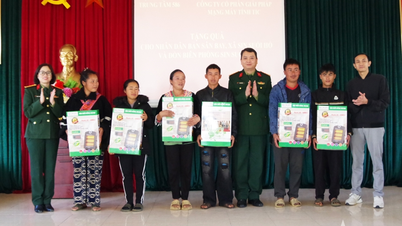


































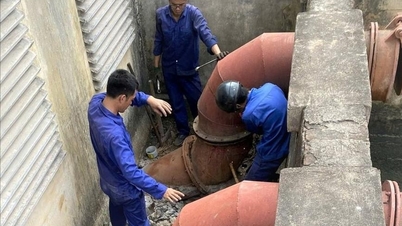




























Comment (0)